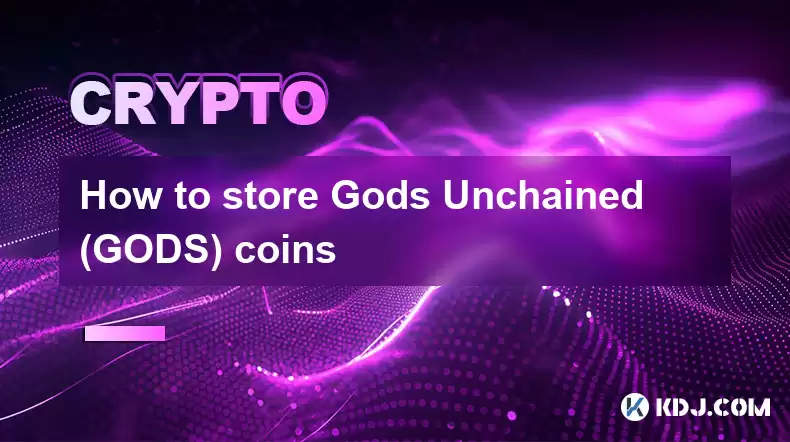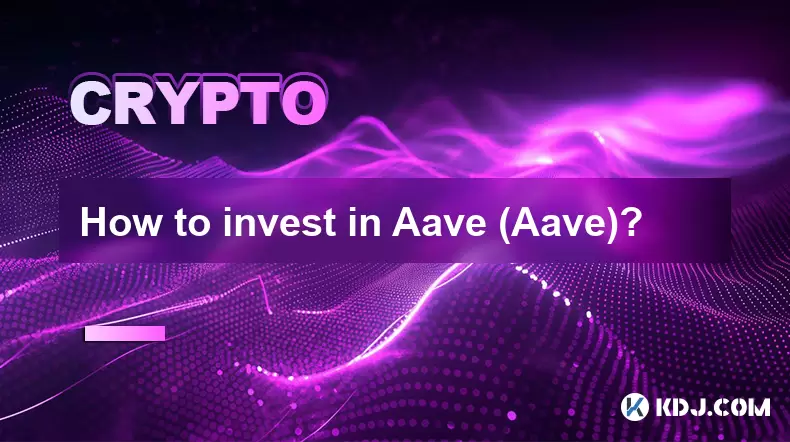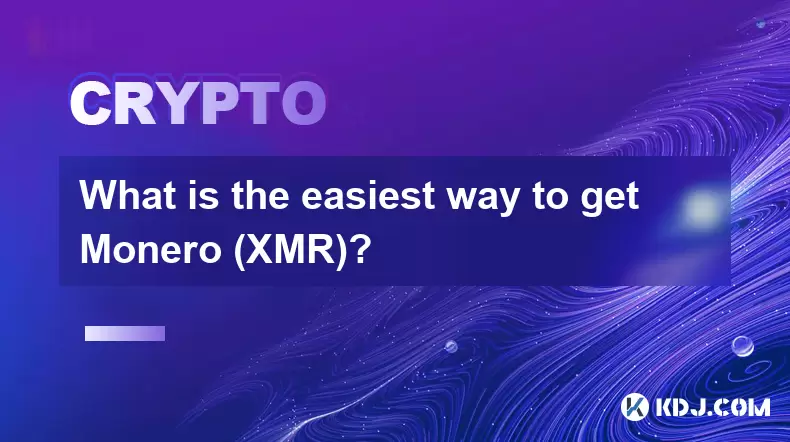-
 Bitcoin
Bitcoin $117400
1.88% -
 Ethereum
Ethereum $3867
5.29% -
 XRP
XRP $3.081
2.58% -
 Tether USDt
Tether USDt $1.000
0.03% -
 BNB
BNB $779.7
0.92% -
 Solana
Solana $171.8
2.11% -
 USDC
USDC $0.9999
0.01% -
 Dogecoin
Dogecoin $0.2172
5.80% -
 TRON
TRON $0.3413
1.41% -
 Cardano
Cardano $0.7641
3.06% -
 Hyperliquid
Hyperliquid $39.69
3.62% -
 Sui
Sui $3.731
6.73% -
 Stellar
Stellar $0.4125
3.55% -
 Chainlink
Chainlink $18.23
8.86% -
 Bitcoin Cash
Bitcoin Cash $579.5
1.41% -
 Hedera
Hedera $0.2538
4.02% -
 Ethena USDe
Ethena USDe $1.001
0.00% -
 Avalanche
Avalanche $22.81
2.82% -
 Litecoin
Litecoin $121.7
1.10% -
 UNUS SED LEO
UNUS SED LEO $8.962
-0.33% -
 Toncoin
Toncoin $3.324
2.94% -
 Shiba Inu
Shiba Inu $0.00001263
2.30% -
 Uniswap
Uniswap $10.24
4.95% -
 Polkadot
Polkadot $3.780
3.09% -
 Dai
Dai $1.000
0.03% -
 Bitget Token
Bitget Token $4.432
1.64% -
 Cronos
Cronos $0.1493
3.87% -
 Monero
Monero $256.7
-9.05% -
 Pepe
Pepe $0.00001092
3.99% -
 Aave
Aave $279.0
6.11%
How to store Gods Unchained (GODS) coins
For secure long-term storage of GODS coins, consider using a cold wallet like a hardware wallet kept offline, providing maximum protection against hacks and cyber threats.
Dec 24, 2024 at 03:42 pm

Key Points for Storing Gods Unchained (GODS) Coins:
- Choose a reputable cryptocurrency hardware wallet: Trezor and Ledger are highly regarded for their security features and support for multiple cryptocurrencies, including GODS.
- Consider a software wallet for convenience: MetaMask is a popular software wallet that offers ease of use and compatibility with various platforms.
- Store GODS on the immutable X platform: As Gods Unchained runs on Immutable X, storing GODS on the platform provides additional security and convenience.
- Use a cold wallet for long-term storage: A cold wallet, such as a hardware wallet stored offline, offers maximum protection against hacks and cyber threats.
- Maintain control of your private keys: It's crucial to safeguard your private keys, as they grant access to your GODS holdings. Consider storing them in multiple secure locations.
- Enable two-factor authentication: This additional security measure adds a second layer of protection to your Gods Unchained account.
- Research and compare different storage options: Explore available options thoroughly and select the one that best aligns with your individual requirements and risk tolerance.
How to Store Gods Unchained (GODS) Coins
Step 1: Choose a Reputable Cryptocurrency Hardware Wallet
Hardware wallets offer an unparalleled level of security for storing cryptocurrencies. Trezor and Ledger are highly recommended for their advanced features, including:
- Secure offline storage: Hardware wallets store your private keys offline, making them immune to online hacks and cyber threats.
- Tamper-proof protection: Both Trezor and Ledger employ tamper-proof mechanisms to detect and prevent unauthorized access.
- Multi-currency support: These wallets support a wide range of cryptocurrencies, including GODS.
- Encrypted backups: Hardware wallets allow you to create encrypted backups of your private keys, ensuring recovery in case of loss or failure.
Step 2: Consider a Software Wallet for Convenience
Software wallets, such as MetaMask, provide convenience and accessibility for storing GODS:
- Easy to use: MetaMask offers a user-friendly interface, making it simple to manage your cryptocurrency assets.
- Browser extension: As a browser extension, MetaMask integrates seamlessly with web-based cryptocurrency applications.
- Multi-account support: MetaMask allows you to create multiple accounts within a single wallet.
- Security features: Despite being software-based, MetaMask incorporates robust security features to protect your funds, including password protection and seed phrase verification.
Step 3: Store GODS on the Immutable X Platform
Immutable X is a Layer 2 scaling solution specifically designed for NFT games like Gods Unchained. Storing GODS on Immutable X offers several benefits:
- Enhanced security: Immutable X utilizes advanced technology to secure your assets and protect them from theft or loss.
- Faster transactions: The Immutable X platform significantly reduces transaction fees and processing times compared to other methods.
- Immutable ledger: Immutable X employs an immutable ledger to maintain a tamper-proof record of all transactions, providing unparalleled integrity.
- Interoperability: GODS stored on Immutable X can be traded or transferred seamlessly across supported platforms.
Step 4: Use a Cold Wallet for Long-Term Storage
For long-term storage of GODS, consider using a cold wallet, such as a hardware wallet stored offline. Cold wallets provide maximum protection against cyber threats and unauthorized access:
- Offline protection: Cold wallets are not connected to the internet, eliminating the risk of online hacking completely.
- Enhanced security: Hardware wallets incorporate multiple layers of security, including PIN protection, password encryption, and secure chip technology.
- Durable construction: Cold wallets are often made with durable materials, ensuring resilience against physical damage or environmental hazards.
- Backup and recovery: Cold wallets allow you to create offline backups, providing peace of mind in case of loss or theft.
Step 5: Maintain Control of Your Private Keys
Your private keys are of utmost importance as they grant access to your GODS holdings. It's crucial to maintain control and safeguard them against loss or compromise:
- Store keys securely: Store your private keys securely in multiple locations, such as a physical safe, encrypted USB drive, or password-protected document.
- Keep backups offline: Create offline backups of your private keys and store them in a safe and accessible location.
- Protect from malware: Protect your computer from malware and viruses that could attempt to steal your private keys.
- Avoid sharing keys: Never share your private keys with anyone, as it compromises the security of your GODS holdings.
Step 6: Enable Two-Factor Authentication
Two-factor authentication (2FA) adds an extra layer of security to your Gods Unchained account:
- Enhanced protection: 2FA requires a second form of verification, typically a code sent to your phone, in addition to your password.
- Protection against phishing attacks: 2FA provides protection against phishing attacks that aim to steal your login credentials.
- Easy setup: Enabling 2FA on your Gods Unchained account is a quick and straightforward process that significantly enhances security.
- Supported by major exchanges: Most major cryptocurrency exchanges, including Gods Unchained marketplace, support 2FA.
Step 7: Research and Compare Different Storage Options
Thoroughly research and compare different storage options available for GODS coins:
- Consider your needs: Assess your individual requirements for security, convenience, and long-term storage.
- Read reviews and ratings: Read reviews and ratings from reputable sources to gain insights into the pros and cons of different storage options.
- Evaluate security features: Compare the security features offered by different wallets, such as hardware security modules, encryption standards, and tamper-proof protection.
- Choose a reputable provider: Select a reputable and established wallet provider with a track record of security and reliability.
FAQs
- Q: Is it safe to store GODS coins in an online wallet?
A: Online wallets offer convenience but may be more vulnerable to hacking compared to hardware or cold wallets. For improved security, consider storing GODS in a hardware or cold wallet. - Q: Can I store GODS coins on the Immutable X platform?
A: Yes, you can store GODS coins on the Immutable X platform, which provides enhanced security, faster transactions, and interoperability with other supported platforms. - Q: What are the recommended hardware wallets for storing GODS coins?
A: Trezor and Ledger are highly recommended hardware wallets for storing GODS coins. They offer advanced security features, offline storage, multi-currency support, and encrypted backups - Q: How should I safeguard my private keys?
A: Store your private keys securely in multiple locations, create offline backups, protect against malware, and avoid sharing them with anyone. - Q: What are the benefits of enabling 2FA for my Gods Unchained account?
A: 2FA provides enhanced protection against phishing attacks and unauthorized access. It requires a second form of verification, such as a code sent to your phone, in addition to your password.
Disclaimer:info@kdj.com
The information provided is not trading advice. kdj.com does not assume any responsibility for any investments made based on the information provided in this article. Cryptocurrencies are highly volatile and it is highly recommended that you invest with caution after thorough research!
If you believe that the content used on this website infringes your copyright, please contact us immediately (info@kdj.com) and we will delete it promptly.
- Pi Coin's dApp and AI Potential: Building a Decentralized Future
- 2025-08-08 02:30:12
- Ruvi AI Takes the Lead: Outshining Dogecoin on CoinMarketCap
- 2025-08-08 02:50:12
- Cryptos Under $1: Is Ripple Still the King?
- 2025-08-08 03:50:12
- Cold Wallet, Bonk Price, ICP Price: Navigating the Crypto Landscape in 2025
- 2025-08-08 03:56:12
- Memecoins, Low-Cap Gems, and the Hunt for 10,000x Gains: What's Next?
- 2025-08-08 02:50:12
- Bitcoin, Greenidge, and Liquidity: Navigating the Crypto Currents in NYC
- 2025-08-08 02:30:12
Related knowledge

Where can I buy UMA (UMA)?
Aug 07,2025 at 06:42pm
Understanding UMA and Its Role in Decentralized FinanceUMA (Universal Market Access) is an Ethereum-based decentralized finance (DeFi) protocol design...

What exchanges support buying IOTA (MIOTA)?
Aug 07,2025 at 09:58pm
Understanding the Role of Private Keys in Cryptocurrency SecurityIn the world of cryptocurrency, private keys are the cornerstone of ownership and con...

What is the best app to buy EOS?
Aug 07,2025 at 04:35pm
Understanding EOS and Its Role in the Cryptocurrency EcosystemEOS is a blockchain platform designed to support decentralized applications (dApps) with...

What platforms support buying Fantom (FTM)?
Aug 08,2025 at 01:56am
Overview of Fantom (FTM) and Its EcosystemFantom (FTM) is a high-performance, scalable, and secure layer-1 blockchain designed to overcome the limitat...

How to invest in Aave (Aave)?
Aug 08,2025 at 01:07am
Understanding Aave (AAVE) and Its Role in DeFiAave is a decentralized finance (DeFi) protocol that enables users to lend, borrow, and earn interest on...

What is the easiest way to get Monero (XMR)?
Aug 08,2025 at 02:56am
Understanding Monero (XMR) and Its Privacy FeaturesMonero (XMR) is a privacy-focused cryptocurrency that ensures complete anonymity in transactions th...

Where can I buy UMA (UMA)?
Aug 07,2025 at 06:42pm
Understanding UMA and Its Role in Decentralized FinanceUMA (Universal Market Access) is an Ethereum-based decentralized finance (DeFi) protocol design...

What exchanges support buying IOTA (MIOTA)?
Aug 07,2025 at 09:58pm
Understanding the Role of Private Keys in Cryptocurrency SecurityIn the world of cryptocurrency, private keys are the cornerstone of ownership and con...

What is the best app to buy EOS?
Aug 07,2025 at 04:35pm
Understanding EOS and Its Role in the Cryptocurrency EcosystemEOS is a blockchain platform designed to support decentralized applications (dApps) with...

What platforms support buying Fantom (FTM)?
Aug 08,2025 at 01:56am
Overview of Fantom (FTM) and Its EcosystemFantom (FTM) is a high-performance, scalable, and secure layer-1 blockchain designed to overcome the limitat...

How to invest in Aave (Aave)?
Aug 08,2025 at 01:07am
Understanding Aave (AAVE) and Its Role in DeFiAave is a decentralized finance (DeFi) protocol that enables users to lend, borrow, and earn interest on...

What is the easiest way to get Monero (XMR)?
Aug 08,2025 at 02:56am
Understanding Monero (XMR) and Its Privacy FeaturesMonero (XMR) is a privacy-focused cryptocurrency that ensures complete anonymity in transactions th...
See all articles

























































































